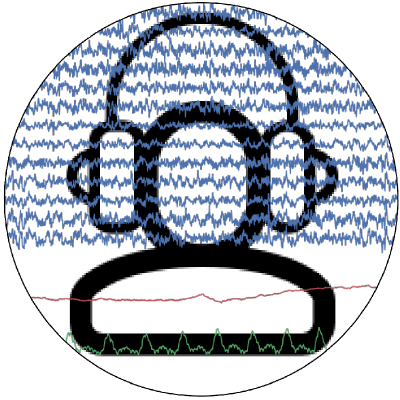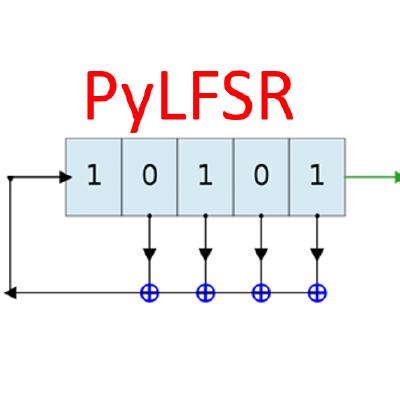2.1. Drift Removing¶
While recording signal, it is very common to observe the baseline wondering or drift in the signal. It is very slow moving artifact (low-frequency), usually appears in the signals. In some of the applications, slow drift could carry vital information, however, in majority of the cases, these are considered as unintended/ unimportant effects. To process signal further, usually first step is to remove the drift from signal. The common causes of drift are instruments/powerline intereference and some slow underlying physiological processes.
Note
Depends on the field of study, it is known as: drift, baseline wandering, very-low-frequency (~0Hz, DC) component.
2.1.1. IIR Filters of Order 1¶
Filter out DC component - Remving drift using Recursive (IIR type) filter
\[y[n] = \frac{(\alpha-1)}{\alpha} * ( x[n] - x[n-1] -y[n-1])\]where \(y[-1] = x[0]\), \(x[-1] = x[0]\) resulting \(y[0] = 0\)
Implemenatation works for single (1d array) or multi-channel (2d array)
import numpy as np
import matplotlib.pyplot as plt
import spkit as sp
xf = sp.filterDC(x,alpha=256,return_background=False)
check : filterDC
2.1.2. Spectral filter - IIR Filters¶
A common approach to remove drift is also to use spectral filtering such as buttorworth filter to filter-out 0 frequency component.
import spkit as sp
x,fs = sp.load_data.eeg_sample_1ch()
t = np.arange(len(x))/fs
xf = sp.filter_X(x.copy(),fs=128.0, band=[0.5], btype='highpass',ftype='SOS')
check : filter_X
2.1.3. Savitzky-Golay filter¶
Filter out DC component using Savitzky-Golay filter
Filter out DC component - Removing drift using Savitzky-Golay filter
Savitzky-Golay filter for multi-channels signal: From Scipy library
import numpy as np
import matplotlib.pyplot as plt
import spkit as sp
x = sp.create_signal_1d(n=1000, sg_polyorder=1, sg_winlen=1, seed=1)
y = sp.filterDC_sGolay(x.copy(),window_length=127, polyorder=1)
xf = sp.filterDC_sGolay(x,window_length=127, polyorder=3)
check : filterDC_sGolay





